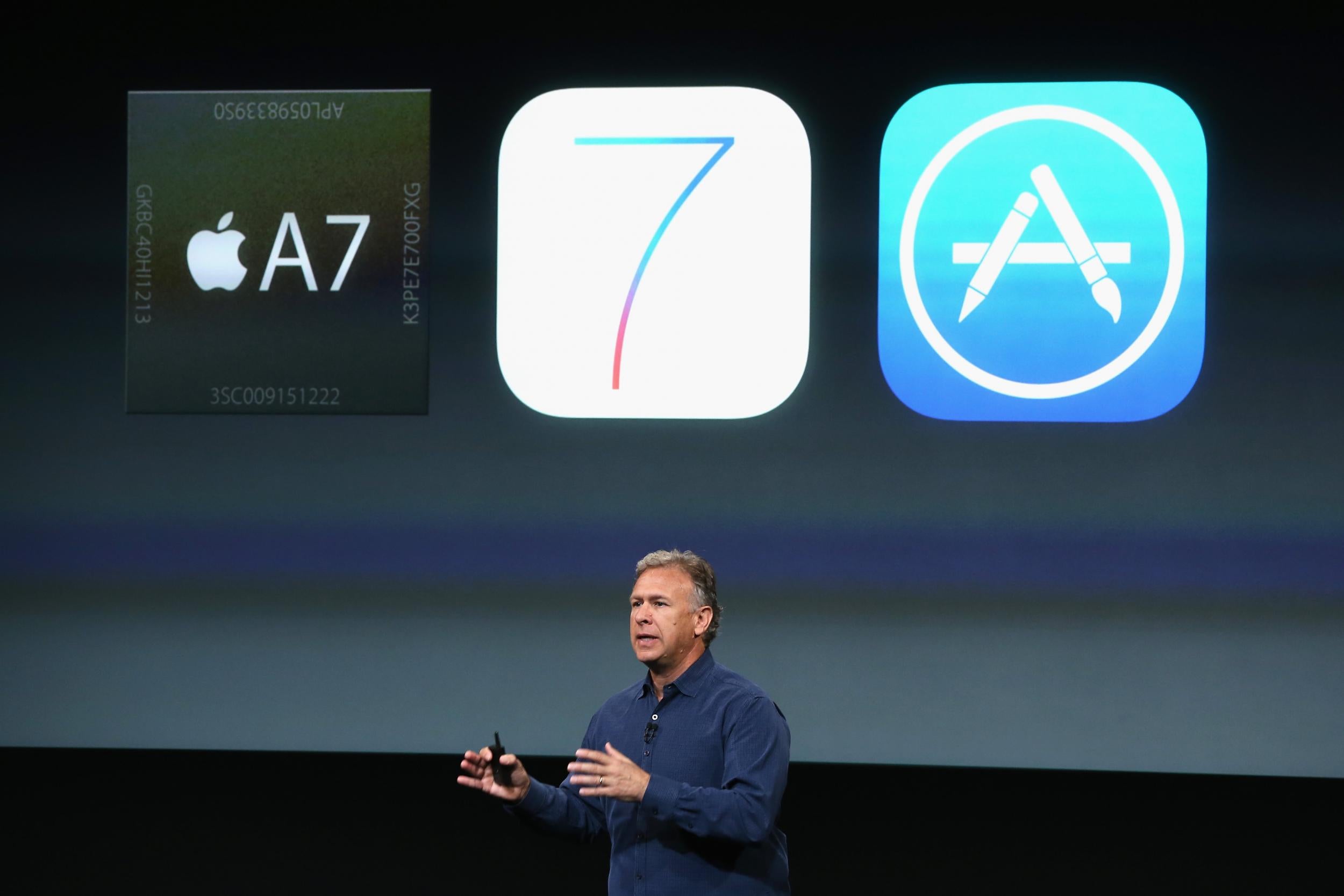Apple facing £557 million damages bill in patent breach court case
A US jury found that Apple used patented processor technology in several of its chips without permission

Apple could be facing a $862 million (£557.5 million) damages bill after a US court found that the company had been using patented technology without permission in chips found in many of its devices.
The chips contain patented technology owned by the University of Wisconsin-Madison's licensing arm which improves processor efficiency.
Now the jury has decided that Apple used the technology without permission and that the patent is valid, the trial will move on to determine how much Apple owes in damages.
The Wisconsin Alumni Research Foundation (WARF) sued Apple in January last year, alleging that they had infringed its 1998 patent for improving chip efficiency.
The jury in the trial were asked to consider whether the Apple A7, A8 and A8X processors, which are found in the iPhone 5s, iPhone 6 and iPhone 6 Plus, as well as several versions of the iPad, violate this patent.
Apple denied any infringement, and argued that the patent was invalid. They had previously attempted to convince the US Patent and Trademark Office to review the validity of the disputed patent, but their request was rejected in April.
US District Judge William Conley, who is overseeing the case, recently ruled that Apple could be liable for up to $862.4 million in damages.
He said the trial would take place in three stages - liability, damages, and whether the patent was infringed by Apple wilfully, which could lead to enhanced penalties.
WARF previously sued Intel Corp in 2008 over the same dispute, but the case was settled the following year, the day before the trial was due.
WARF is also pursuing a second lawsuit against Apple, launched last month, which targets the company's newest chips, the A9 and A9X, present in the newer iPhone 6S, 6S Plus, and iPad Pro.
WARF could not be reached by Reuters for comment on the case.
Subscribe to Independent Premium to bookmark this article
Want to bookmark your favourite articles and stories to read or reference later? Start your Independent Premium subscription today.

Join our commenting forum
Join thought-provoking conversations, follow other Independent readers and see their replies